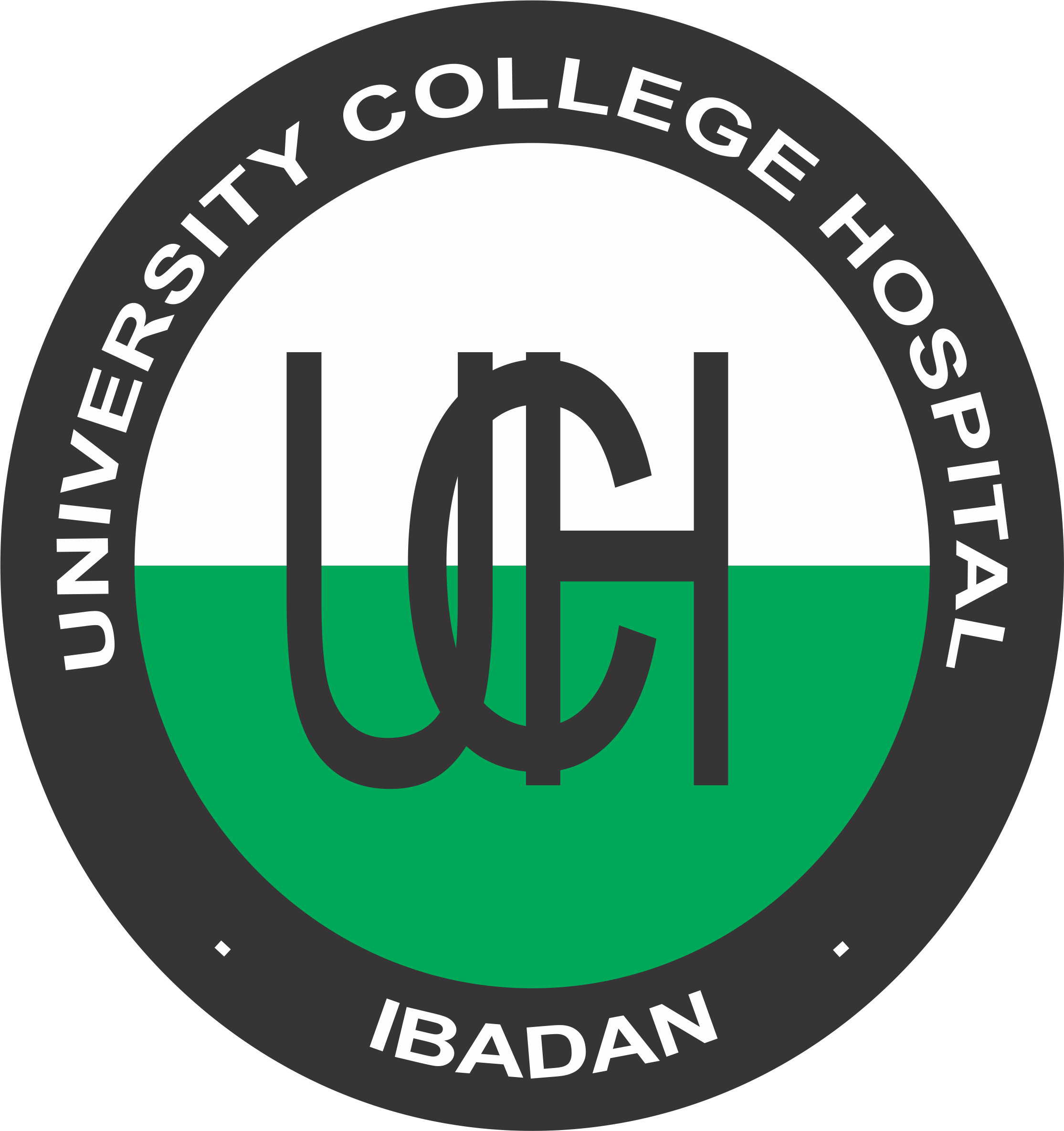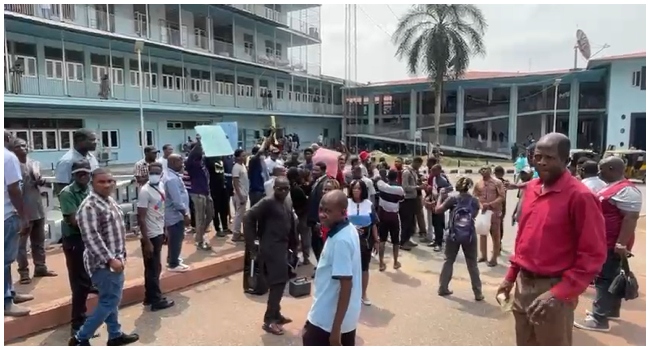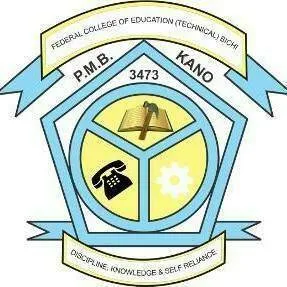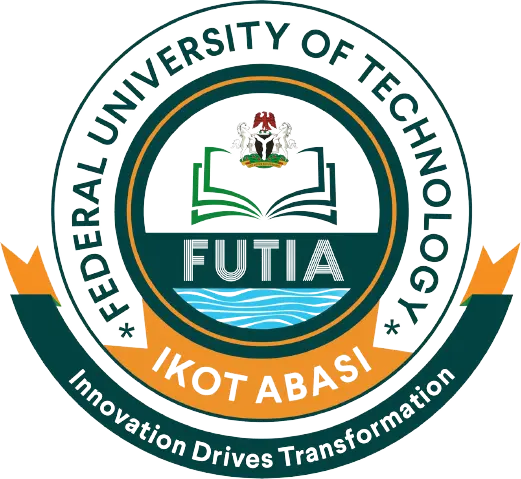UCH spends approximately N80 million monthly on electricity bills—JOHESU


Mr. Oladayo Olabampe, Chairman of the Joint Health Sector Unions (JOHESU) at the University College Hospital (UCH) in Ibadan, revealed that the hospital currently spends about N80 million monthly on electricity bills, despite facing severe financial difficulties.
Due to the hospital’s inability to maintain these payments, the Ibadan Electricity Distribution Company (IBEDC) disconnected its power supply on October 26.
Olabampe stated that UCH has been without electricity since that date and appealed to the Federal Government to urgently step in to address the crisis.
He remarked, “There has been no power at UCH since October 26, when the Ibadan Electricity Distribution Company (IBEDC) disconnected the hospital over accumulated debts.”
He added that the electricity bills issued by IBEDC are “alarming and outrageous for an institution like UCH,” urging government intervention to alleviate the hospital’s financial strain.
Highlighting the rising cost of energy, Olabampe noted, “The power costs are overwhelming; costs are killing us. We are paying between N70 million and N80 million each month, yet we still rely on diesel to keep essential services running because we don’t have light for 24 hours.”
He explained that UCH’s financial burden has been exacerbated by the fact that many patients struggle to pay for medical services, leaving the public hospital to provide care at minimal or no cost.
According to Olabampe, UCH was placed in IBEDC’s high-cost Band A for electricity pricing, which the hospital cannot sustain. Although UCH management has requested a downgrade to the more affordable Band B, IBEDC has yet to respond.
“This is why the hospital management requested that IBEDC downgrade UCH to Band B, where the costs are more manageable. However, IBEDC has yet to make this change,” he explained.
The JOHESU Chairman urged the Federal Government to advocate for UCH’s reclassification to Band B and appealed to philanthropists and concerned Nigerians for additional support.
He emphasised that federal hospitals like UCH are meant to deliver “welfare” services and often face situations where “some patients can’t even pay after receiving treatment due to financial constraints.”
Olabampe suggested that IBEDC should work with UCH management on a partial settlement of outstanding bills to allow power reconnection while further payment negotiations continue.
Relatives of patients at UCH have expressed concerns over the effect of the prolonged power outage on patient care, as some have experienced delays in receiving medical attention and test results.
Mr. Ismail Mohammed, a relative of a patient, shared that “patients are suffering,” adding, “My father hasn’t been attended to because the results of his test haven’t come out, and they keep saying ‘no light.’”
Despite these challenges, UCH management continues to seek solutions to restore full services, with Olabampe expressing hope that the situation will improve soon. “We are doing our best to address the power issue. But we need government intervention to ease the financial burden and ensure uninterrupted services,” he concluded.
Olabampe’s appeal for immediate support underscores the ongoing struggle at UCH to balance operational costs with the commitment to provide quality healthcare for Ibadan and surrounding communities.








